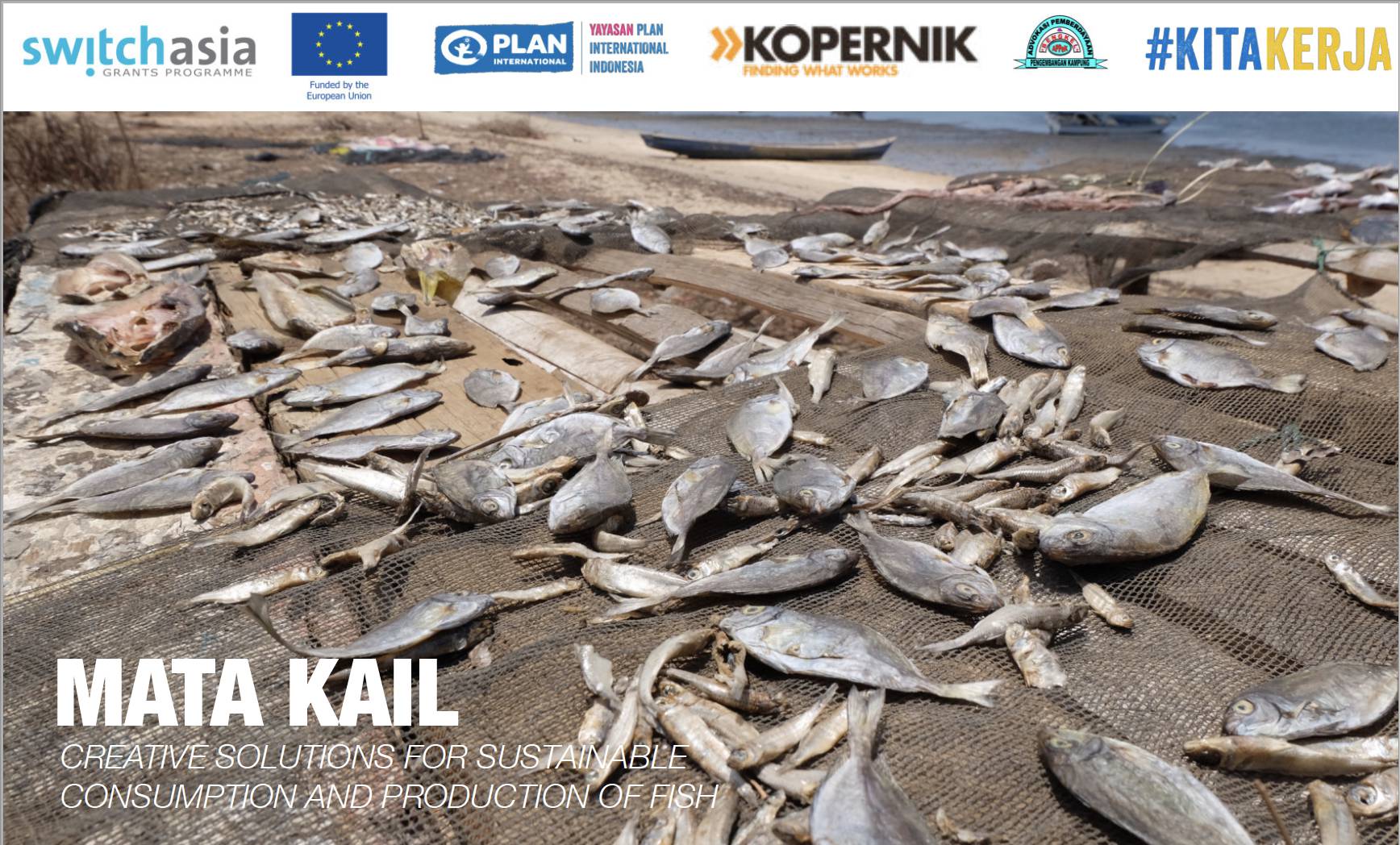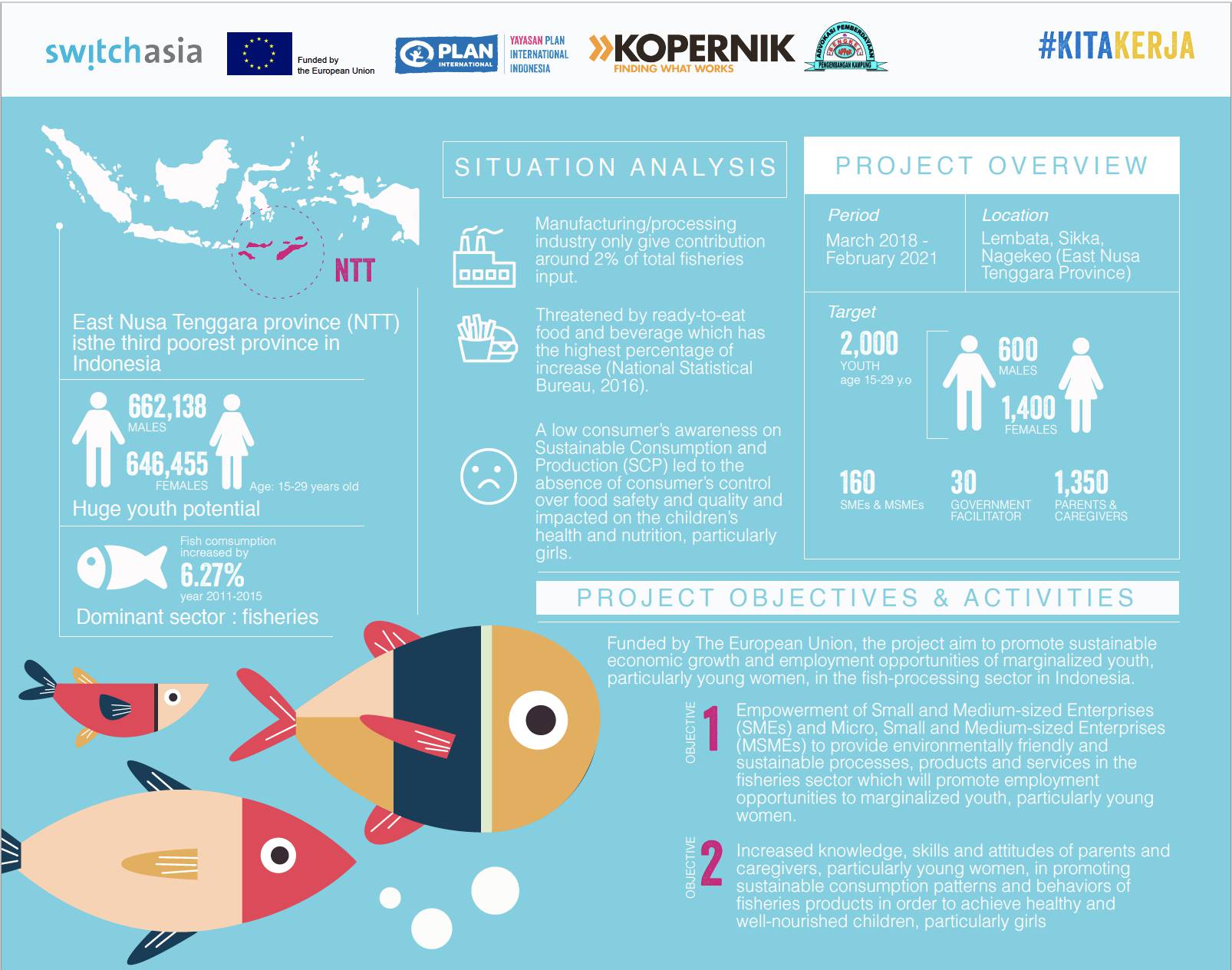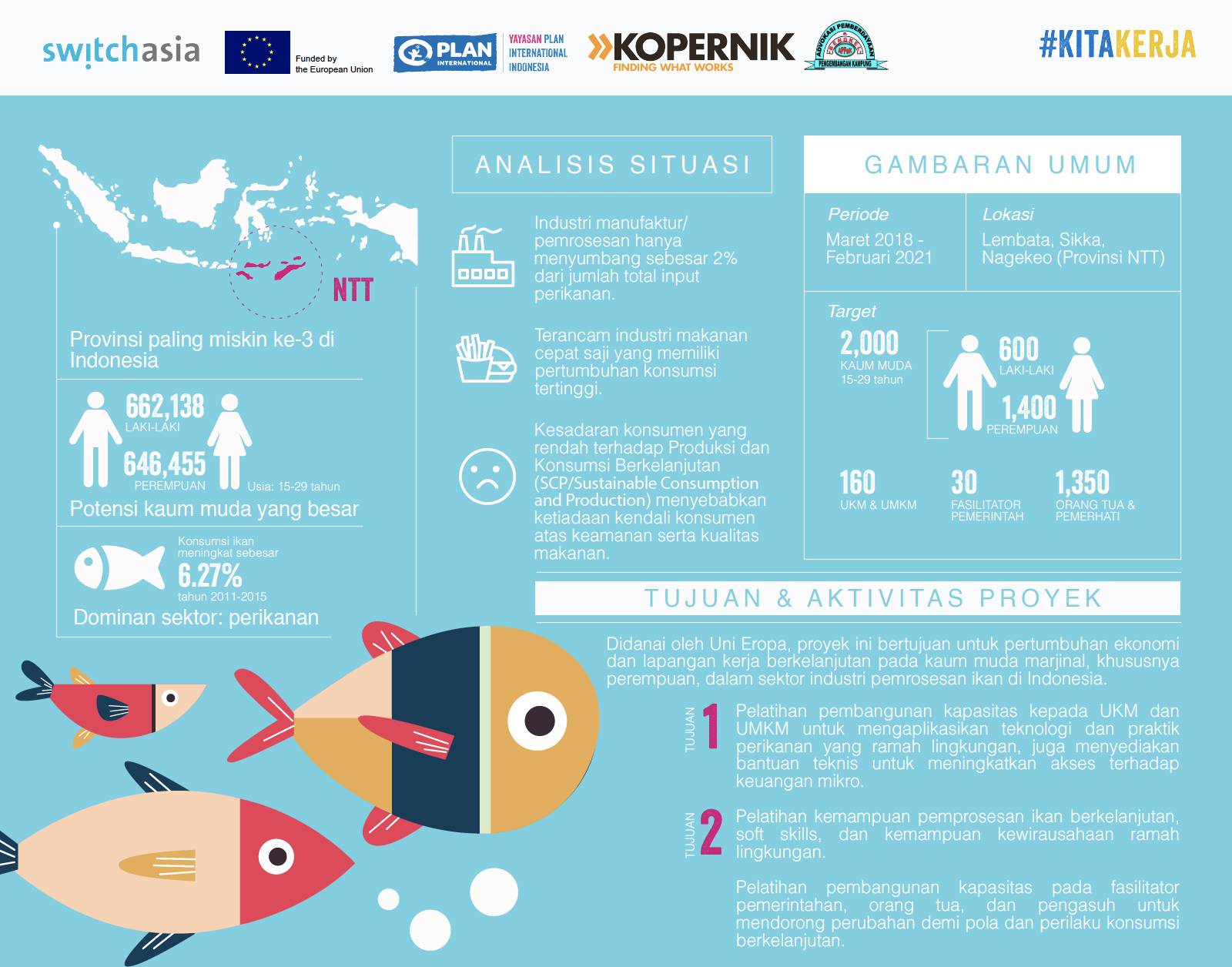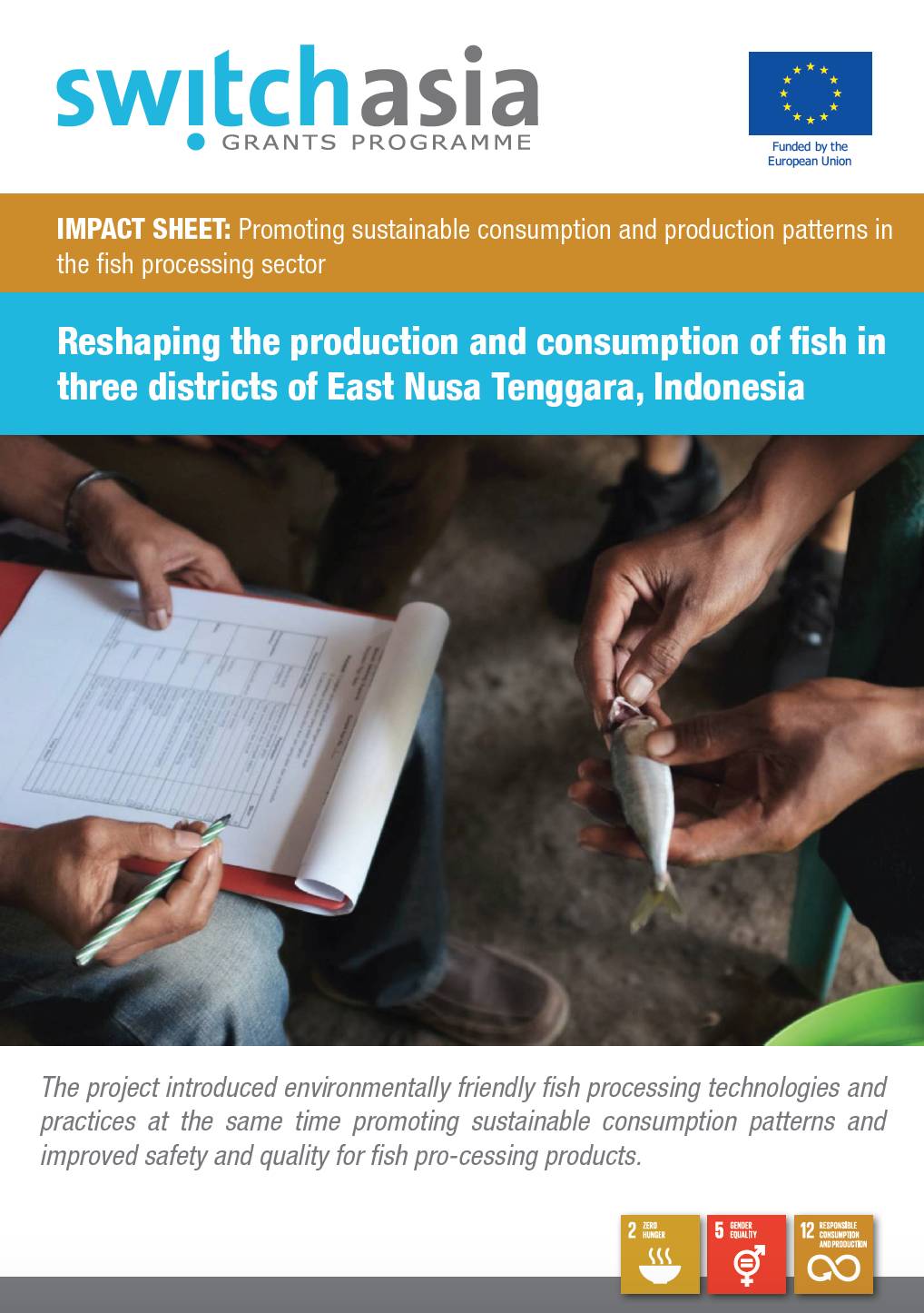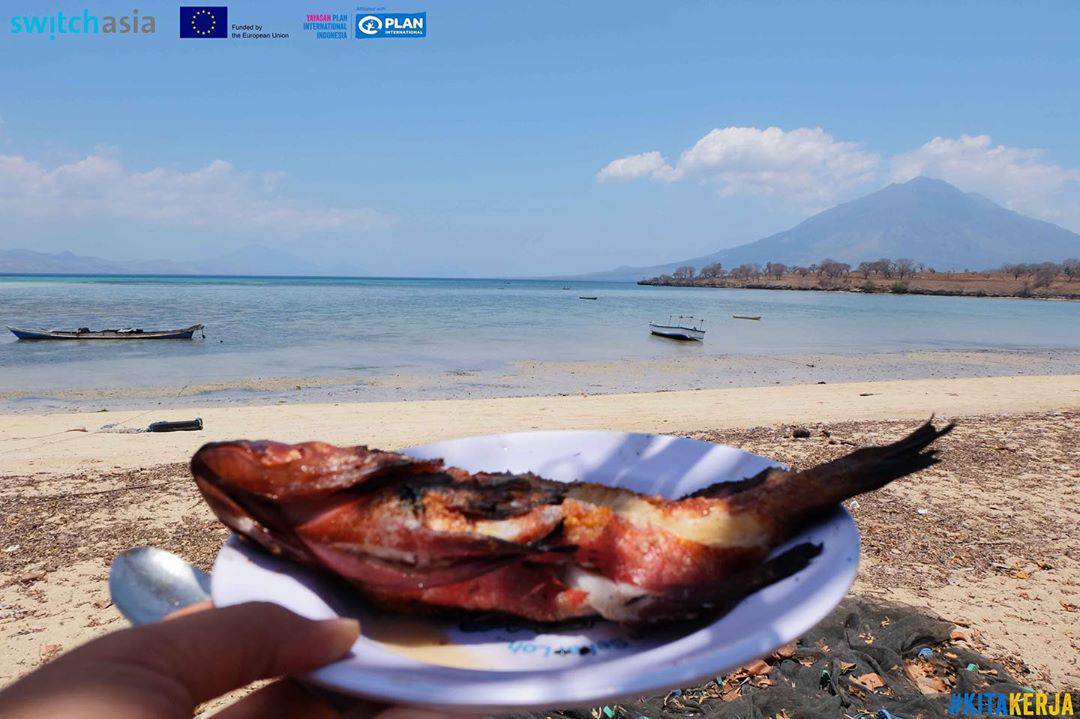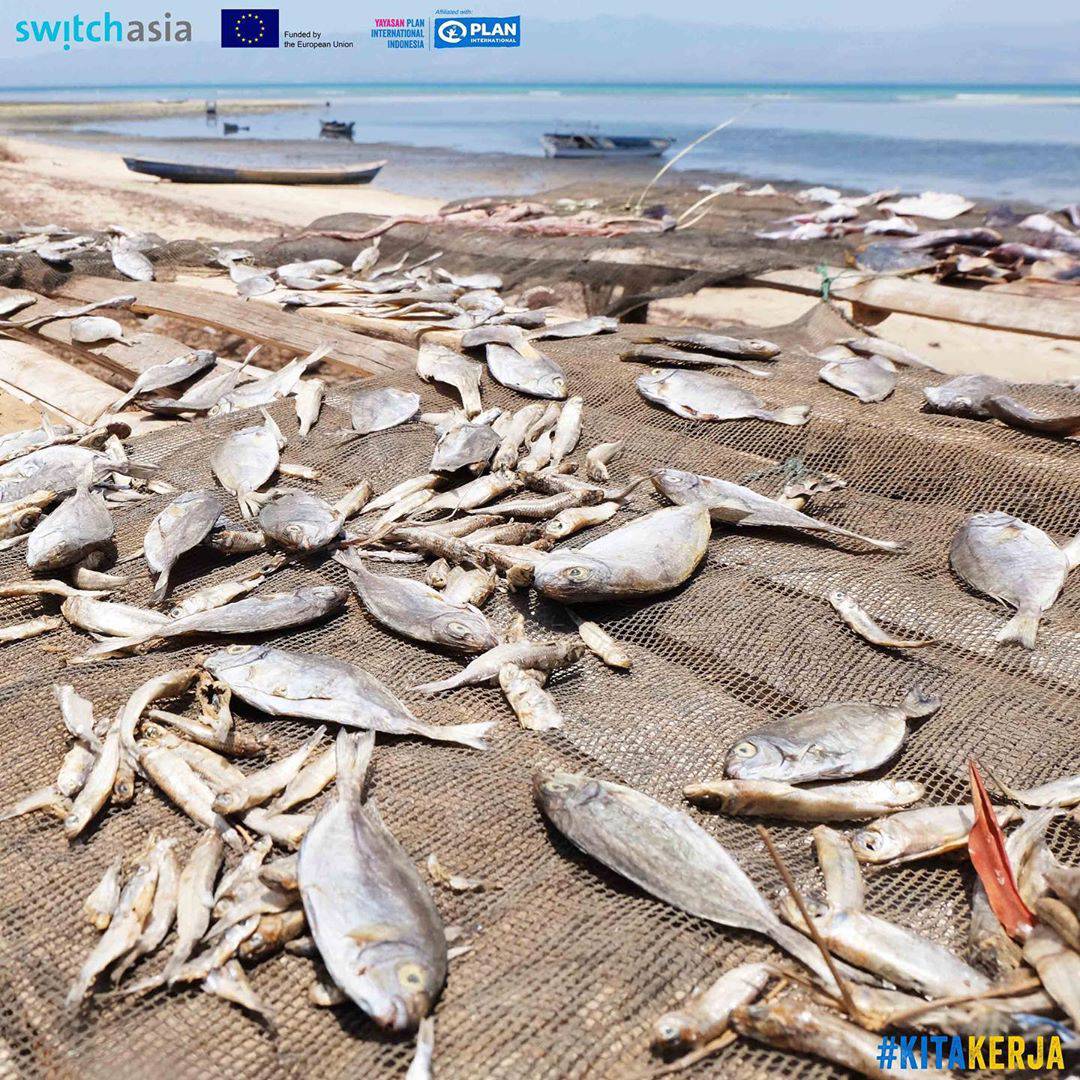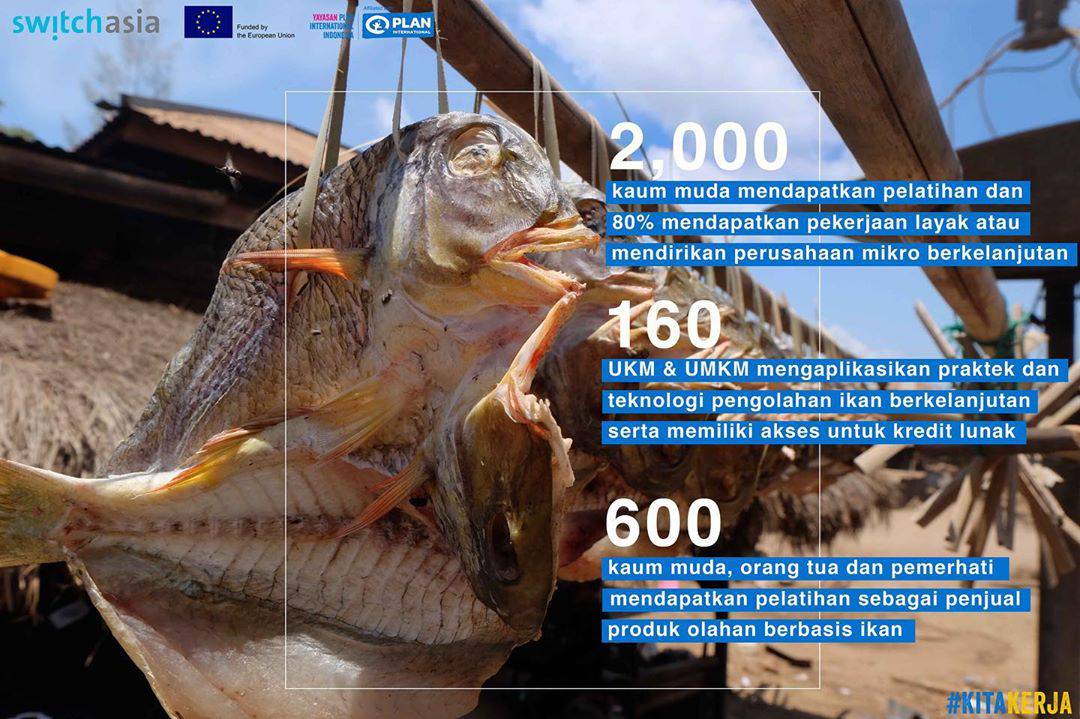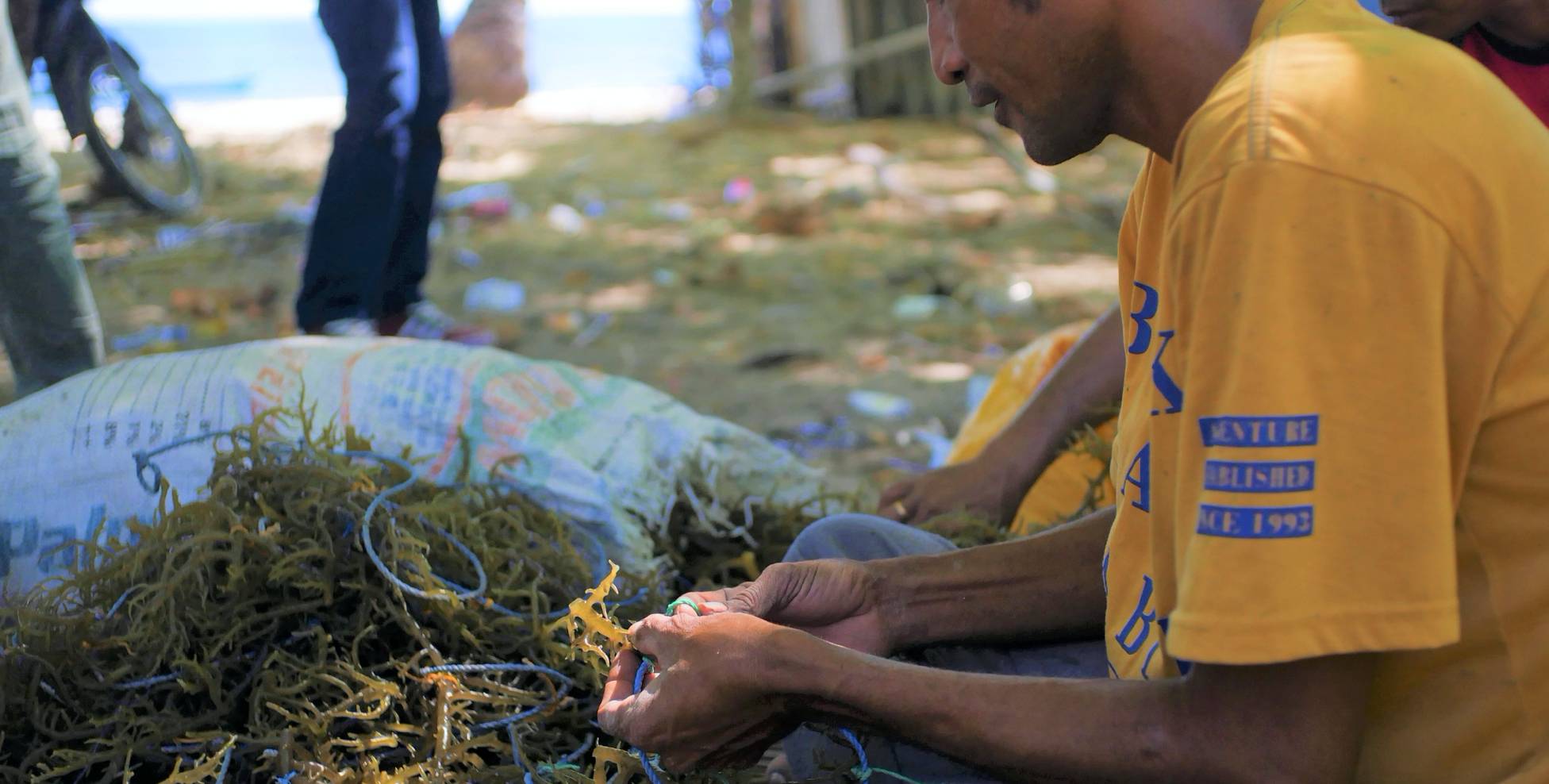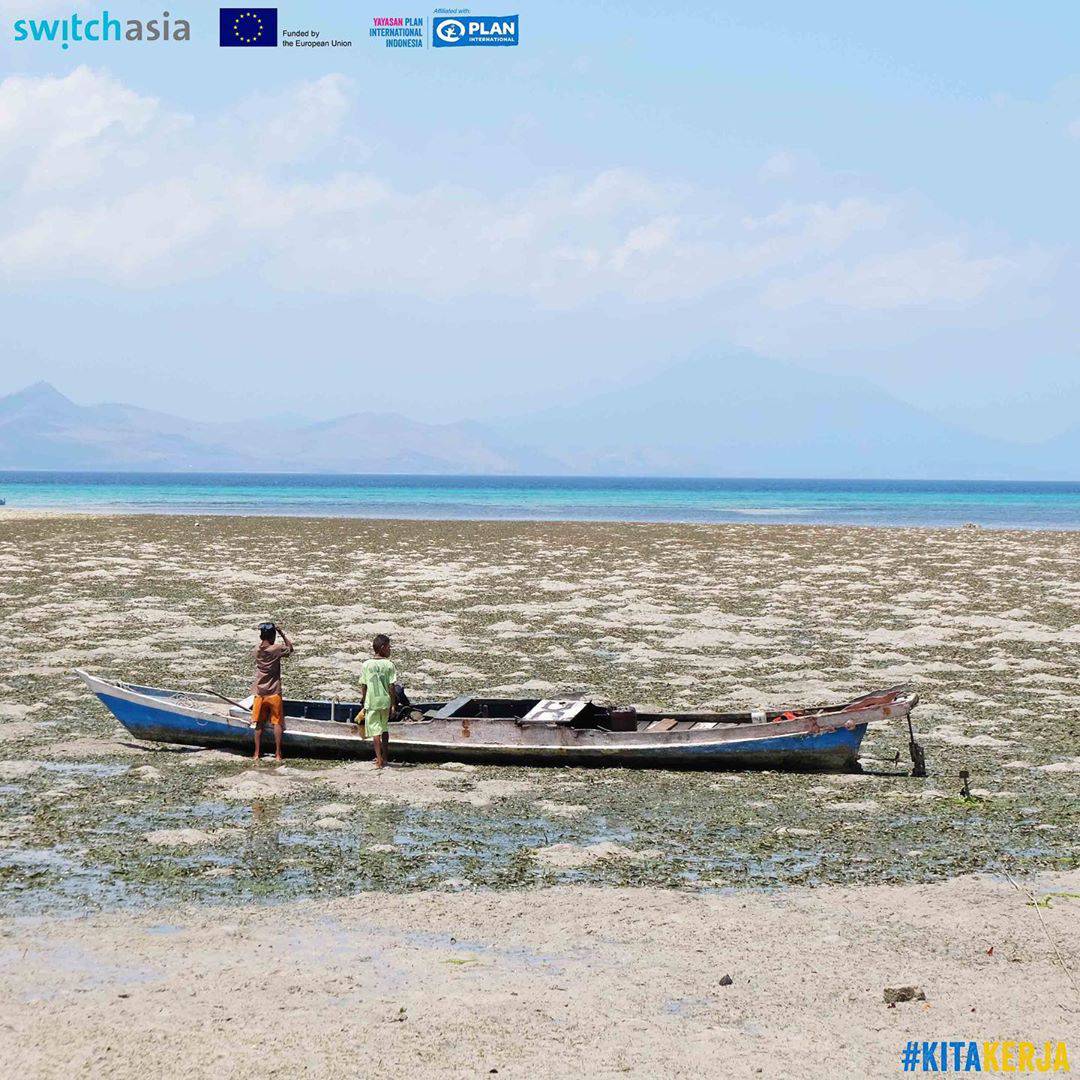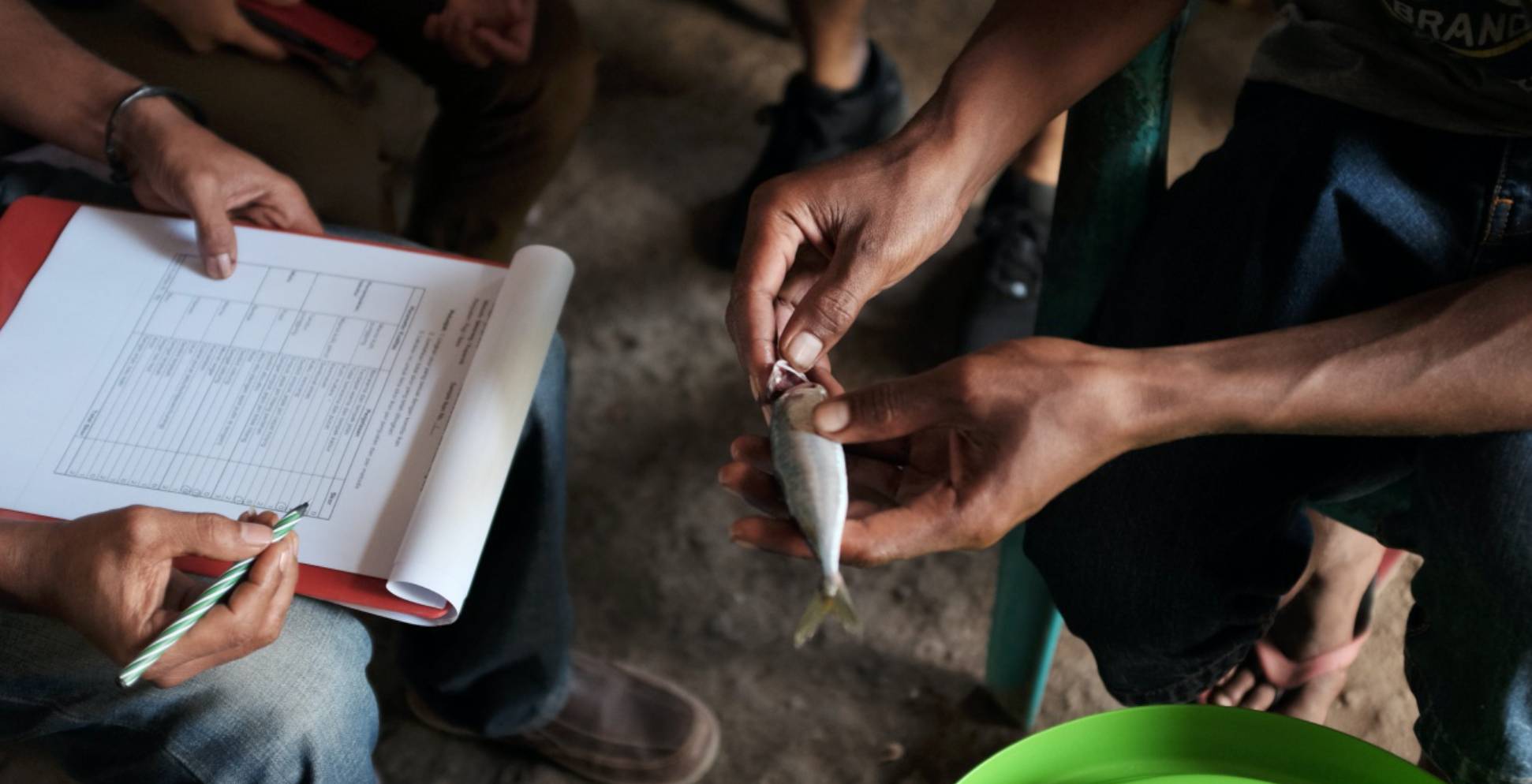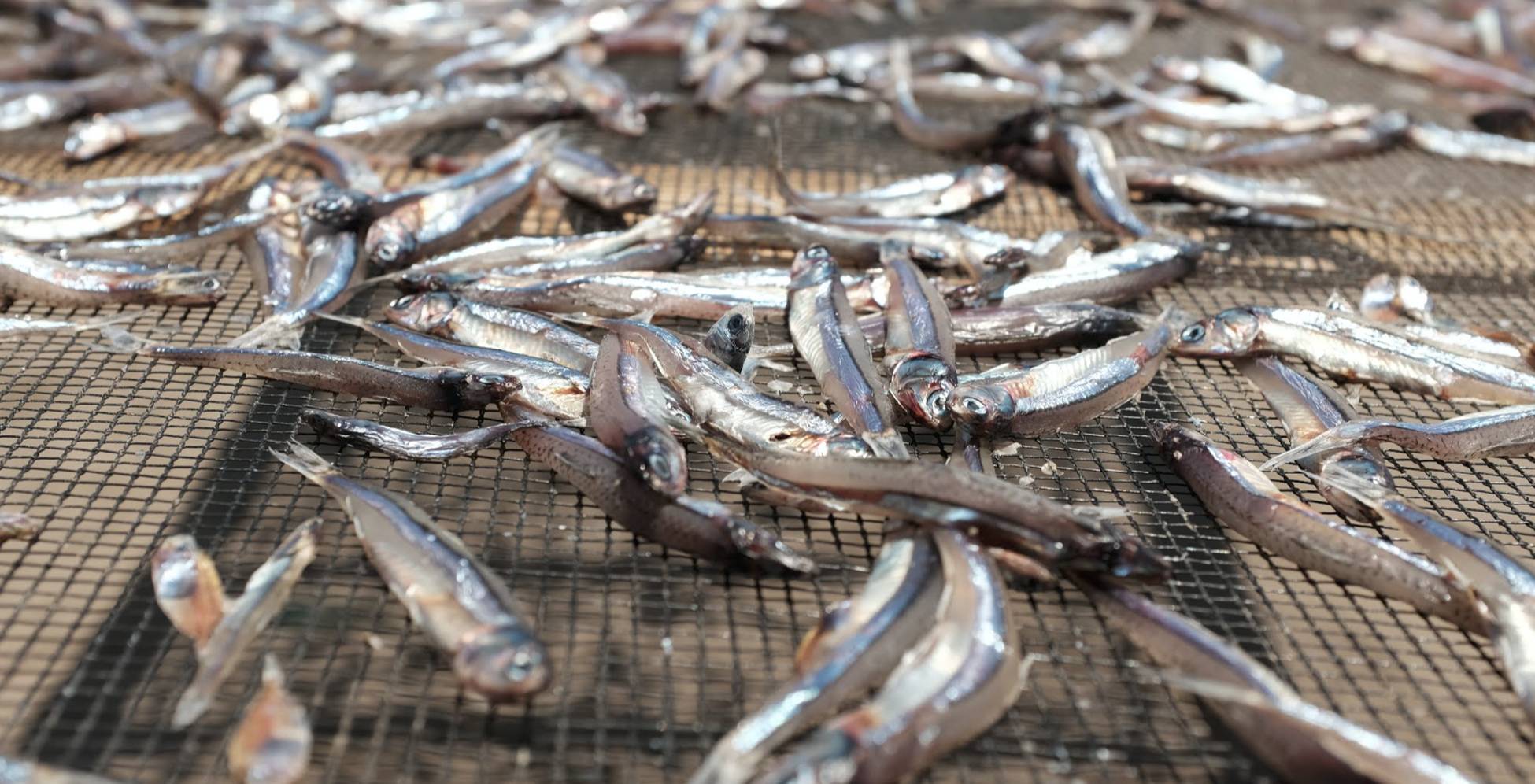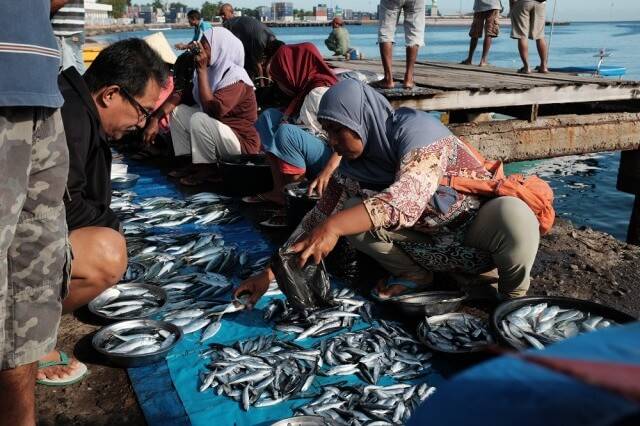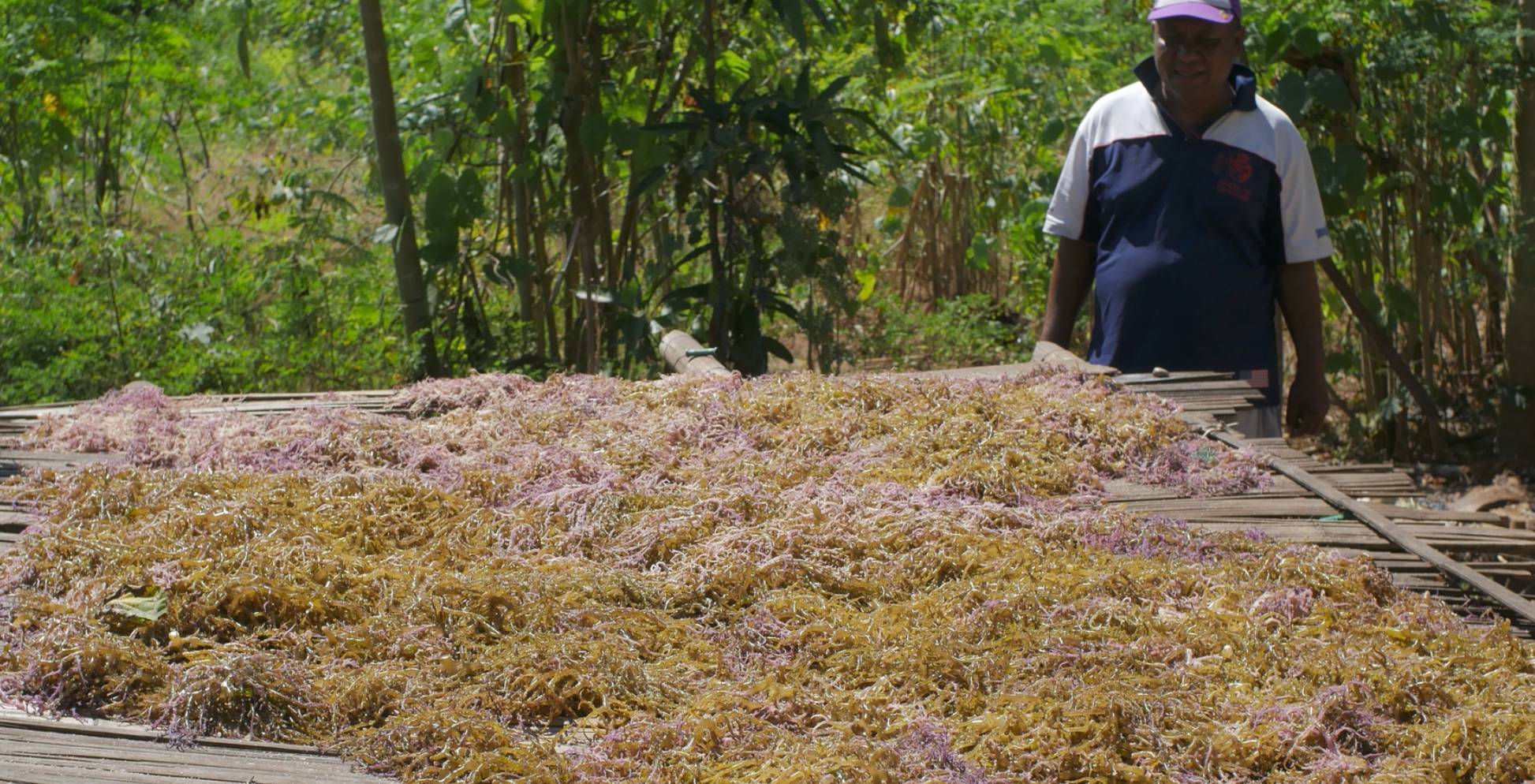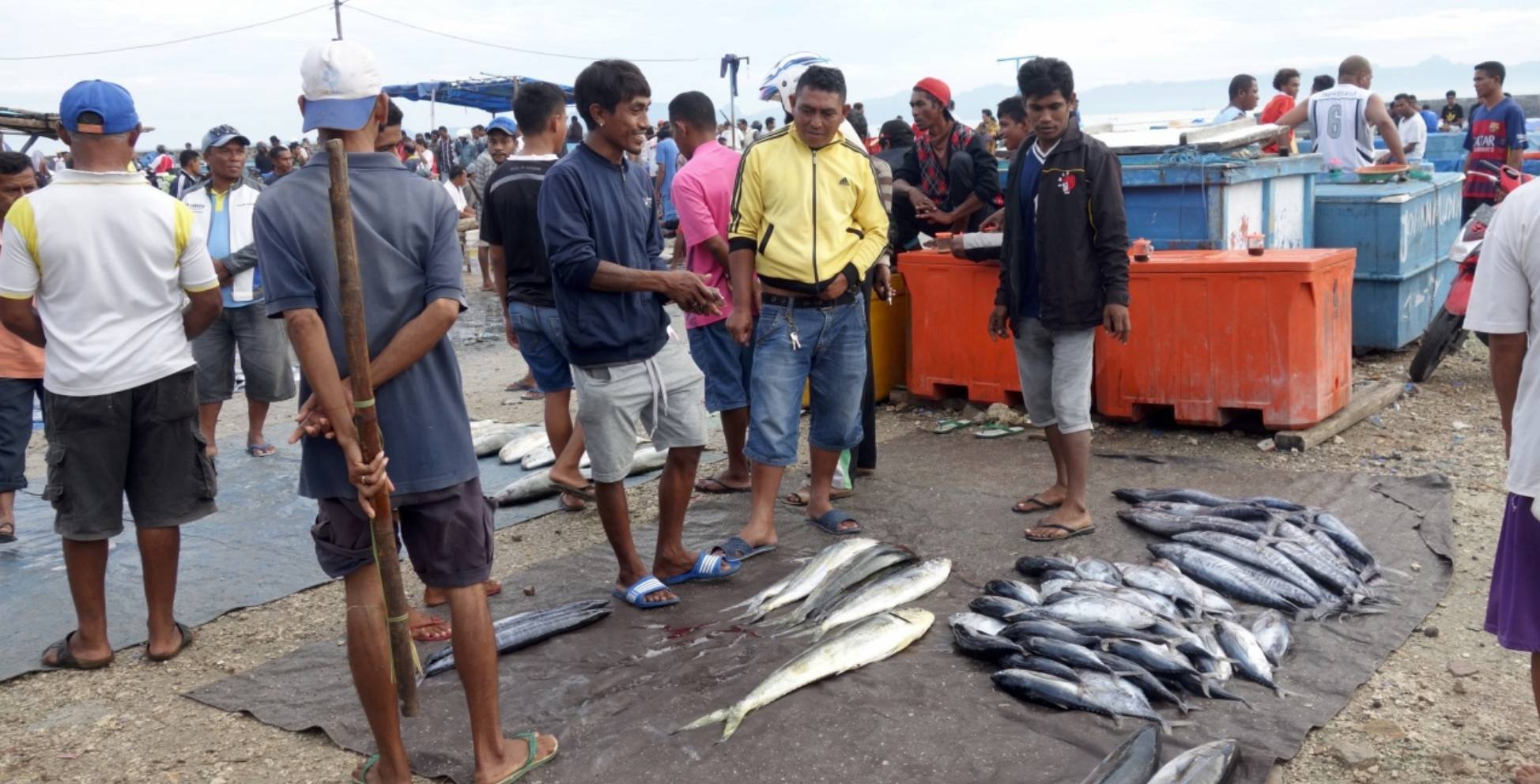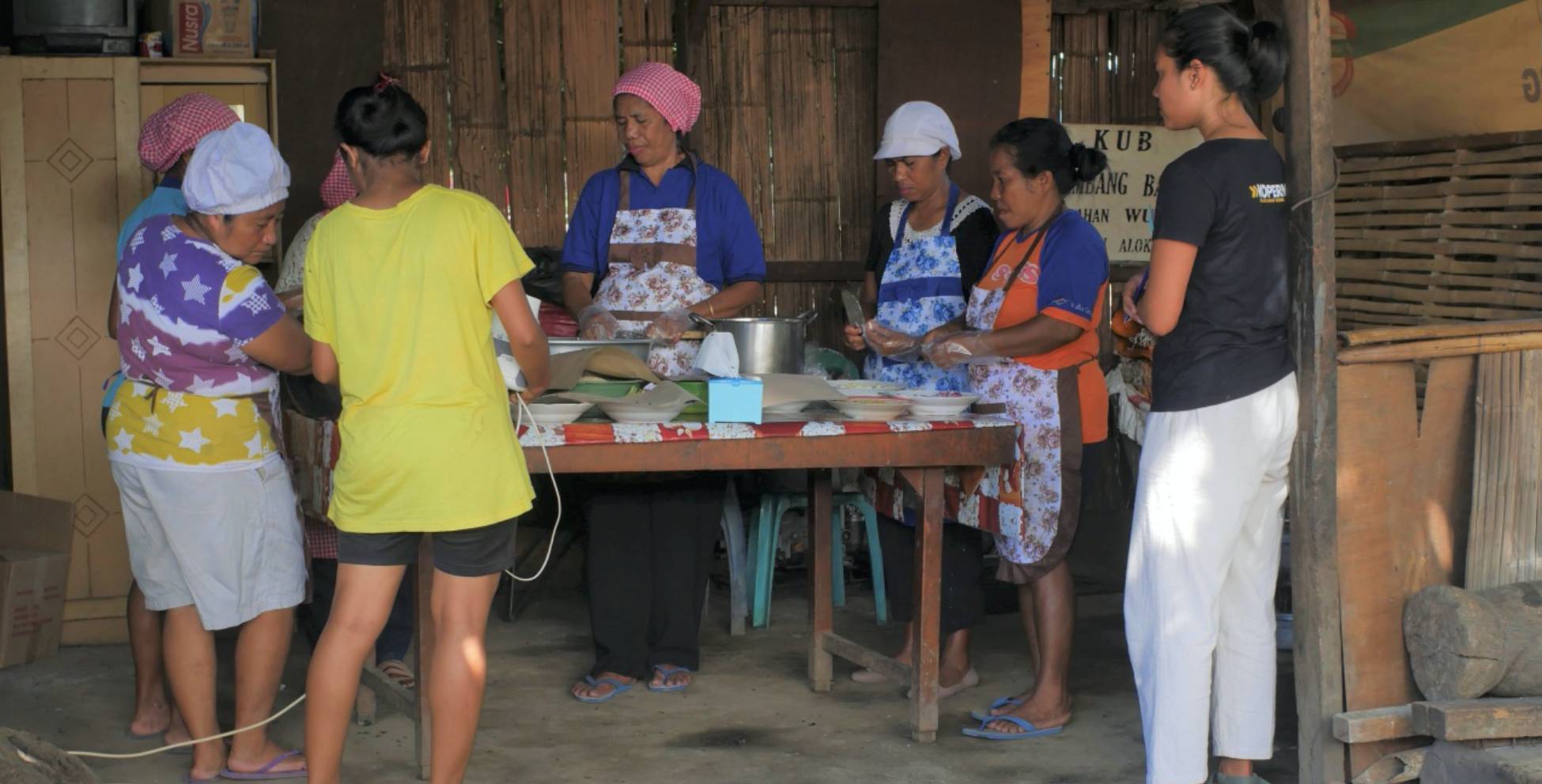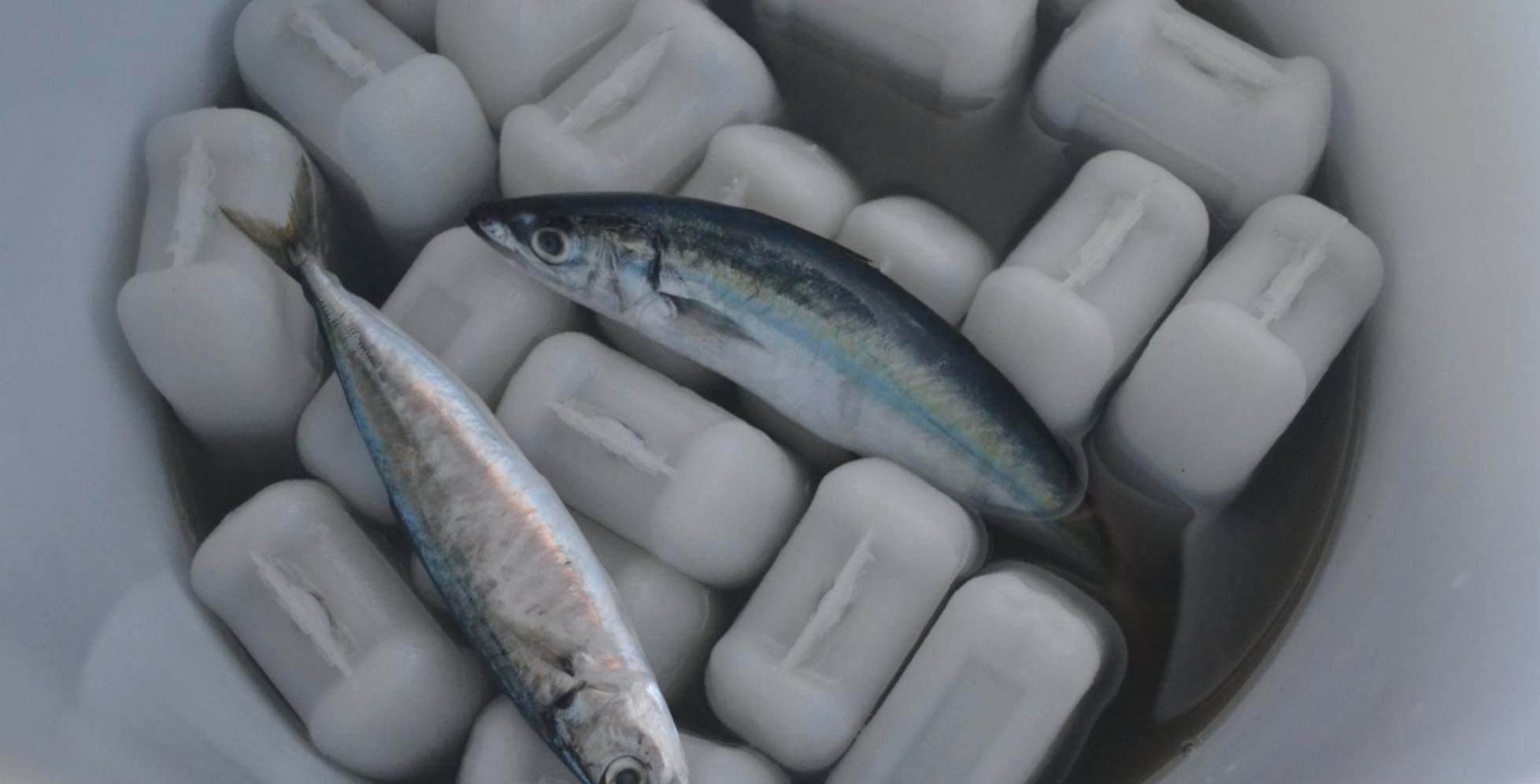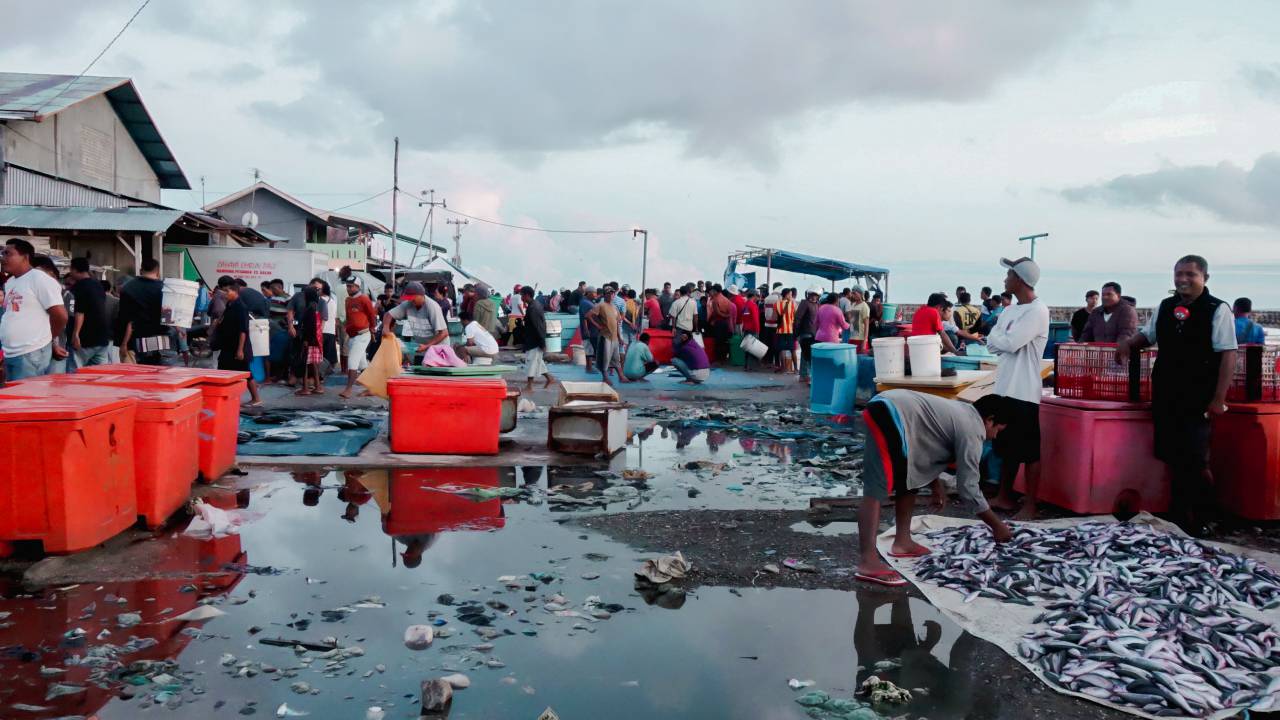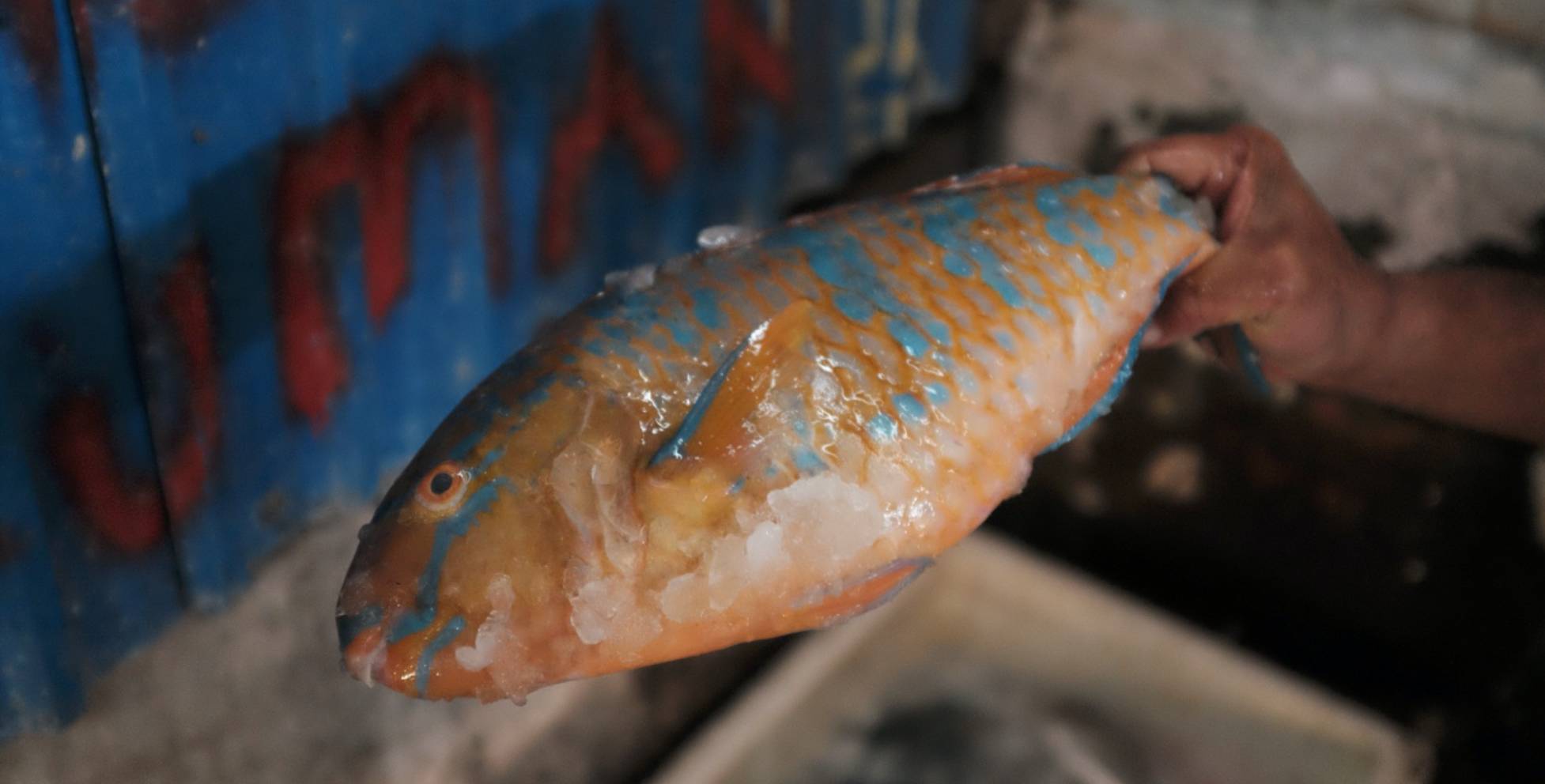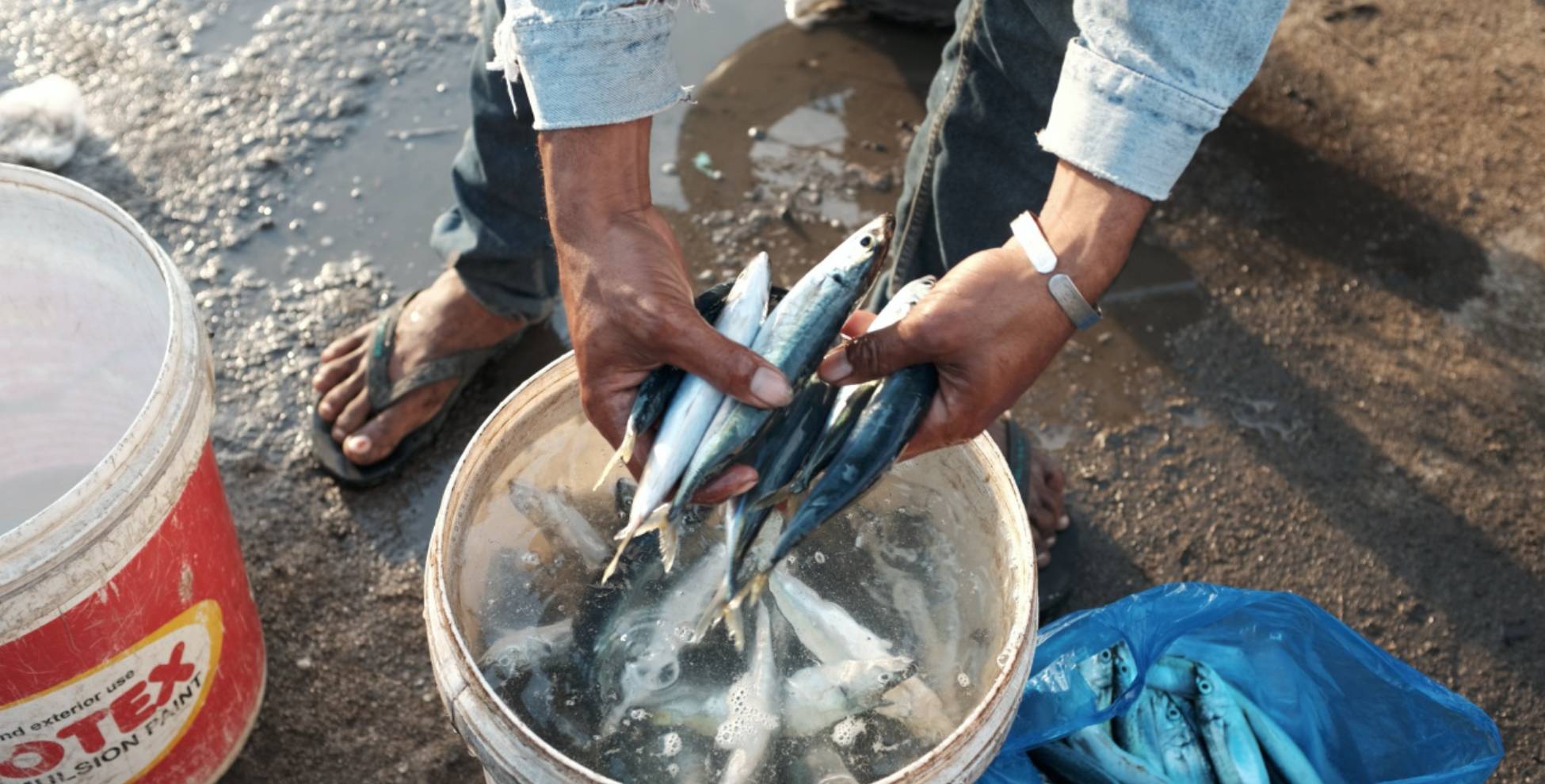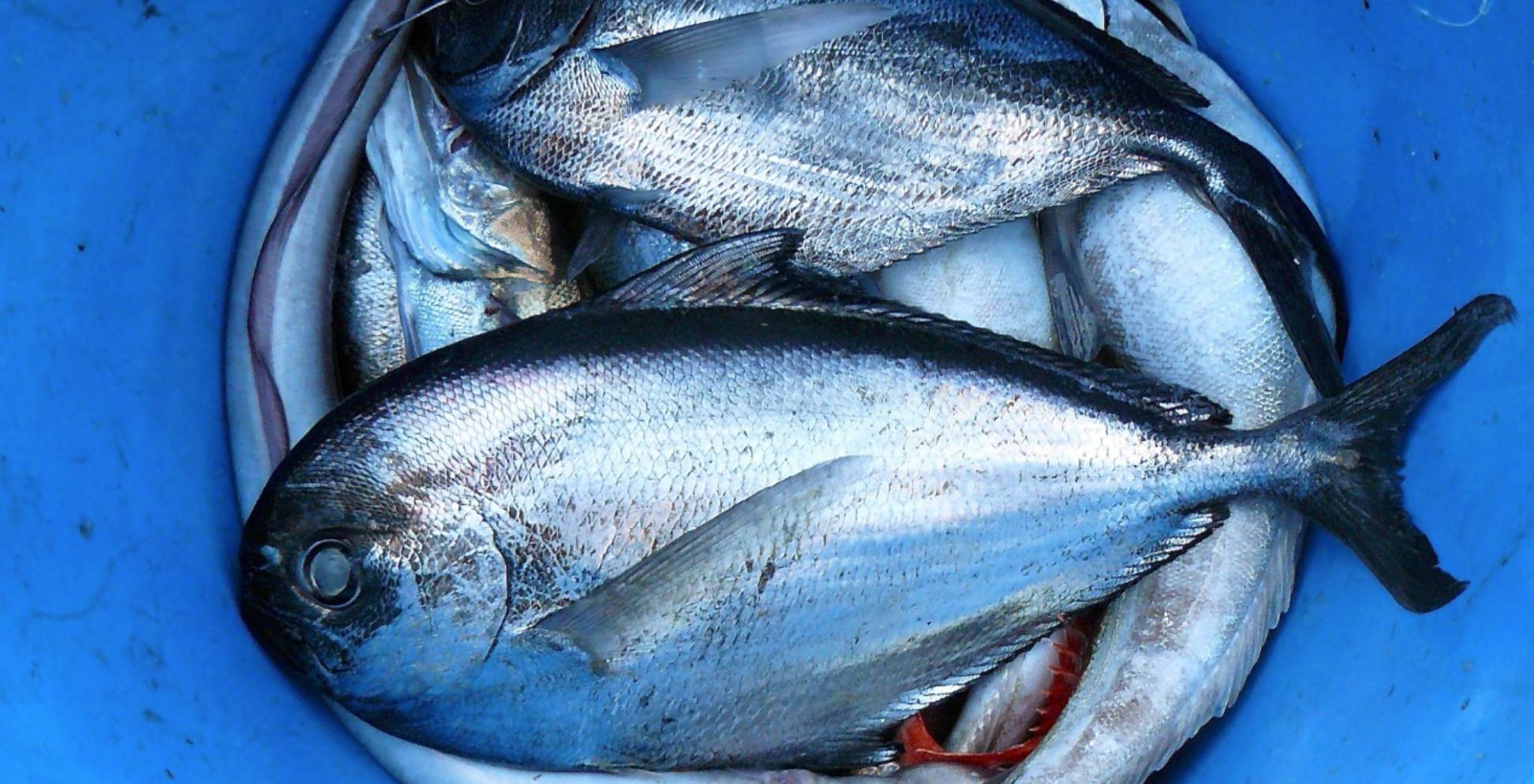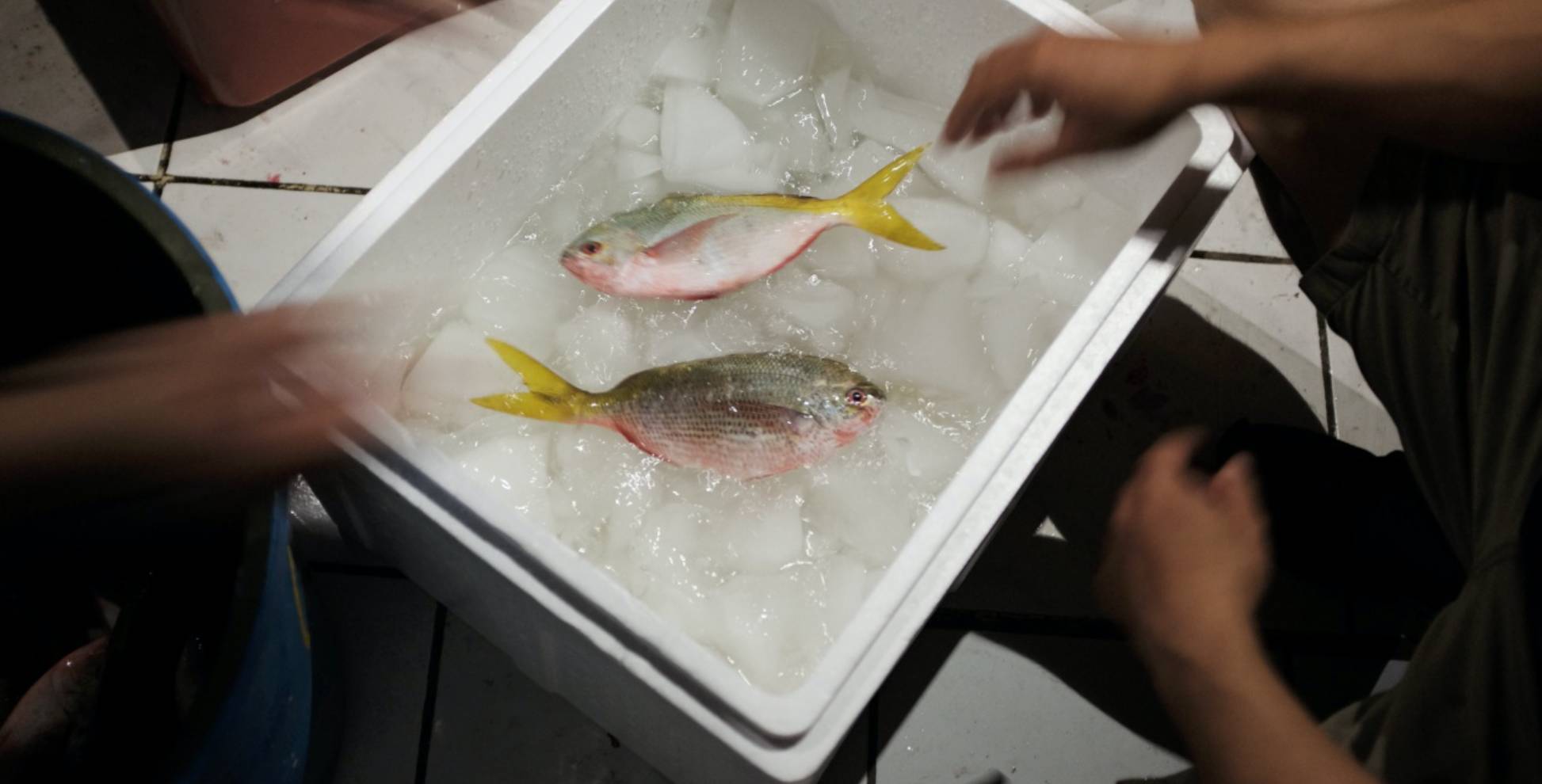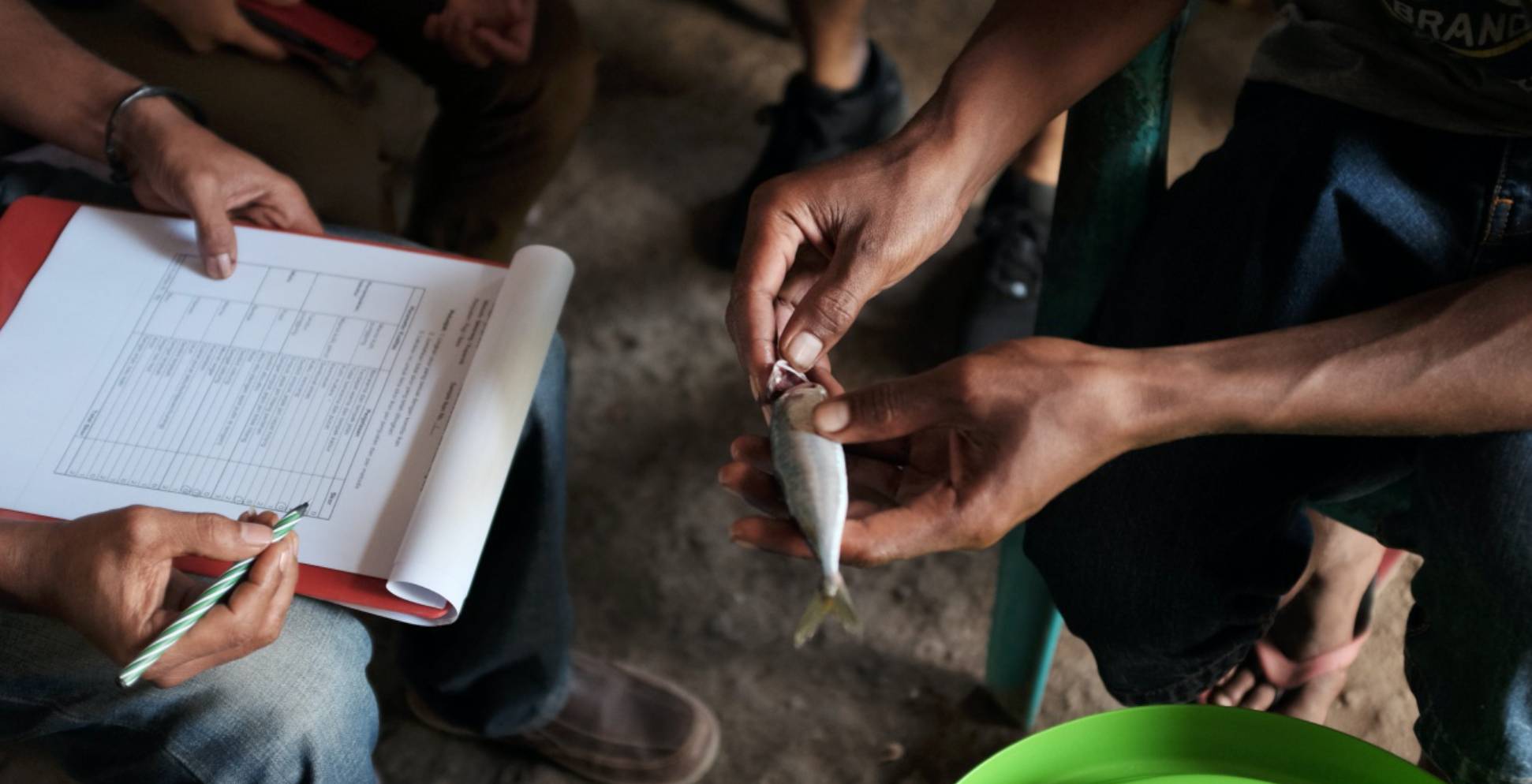
The Challenge
Accounting for 3 per cent of the national GDP, the fishing industry is a major part of the Indonesian agricultural economy. In East Nusa Tenggara Province (NTT) the fishery sector is not only one of the main employment providers but also serves as the basis for consumption patterns of local communities. NTT province is one of the poorest in Indonesia with an unemployment rate of 30 per cent, leaving behind mainly the workforce of young women. Despite the huge potential as income source, there is a lack of value-chain enhancement for the raw fish that is caught. Surveys conducted in the area also indicated the demand for an improvement in quality and fish products' diversification. The low quality of fish products as well as the lack of awareness among caregivers on healthy nutrition of their children increases the risks of malnutrition. In the project’s three target districts, namely Lembata, Nagekeo and Sikka, MSMEs are lacking knowledge on technical capacity on how to use environmentally friendly technology and practices and develop a proper business plan that meets the requirements set by the Ministry of Fisheries. Young women are particularly disadvantaged and they are facing unequal employment opportunities and problems to accessing funds for self-employment and/or skill training. Moreover, caregivers are lacking knowledge on food safety and quality. This greatly affects their daily consumption decisions, as well as those of their children.
The Objectives
Small and Medium-sized Enterprises (SMEs) and Micro, Small and Medium-sized Enterprises (MSMEs) will be empowered to provide environmentally friendly and sustainable processes, products and services in the fisheries sector which will promote employment opportunities for marginalised youth, particularly young women. Knowledge, skills and attitudes of parents and caregivers will also be increased, particularly those of young women.
The Way Forward
- Based on the results of a market demand research and a value-chain analysis, 160 MSME and SMEs with experience in the fish processing sector will be identified to be trained in environmentally friendly and sustainable technologies in fish storage, fish preservation and fish processing. 1,400 female and 600 male youths aged 15-29 will participate in a training programme which will include modules on: Life Skills, Technical and Vocational Education Training (TVET), Micro-Enterprise Development (MED), and Access to Financial Services. After completion of the training modules, the project team will organise apprenticeships for youths in existing SMEs, in order to develop the skills required to start their own businesses (MSMEs).
- To promote simple messages for sustainable production and consumption, Plan will develop an educational video on sustainable food consumption for families. Furthermore, staff of local health and education institutions will be trained to function as multipliers for sustainable consumption as well as food quality and safety, particularly regarding fish and fish-processed products. Covering the supply side of consumption, a total of 600 youths, parents and caregivers will be trained as retailers of safe and sustainable fish-based food products. To expand the awareness-raising campaign, Plan will closely cooperate with government stakeholders. Local youth organizations will produce video clips to be used in government events, schools and communities promoting the consumption of safe and sustainable food products.
Video
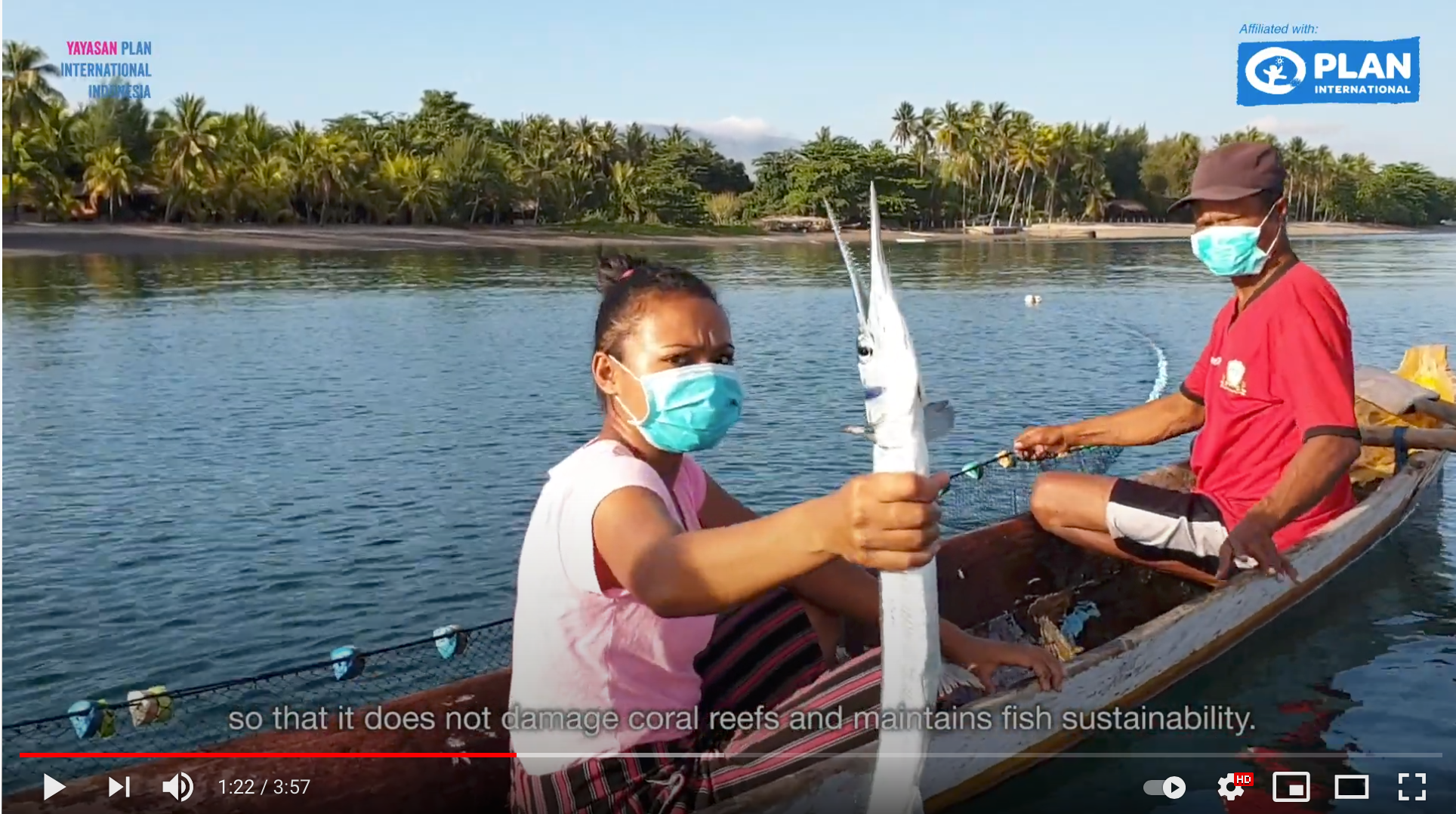
Duration:
3/2018-2/2021Total Budget:
EUR 1 999 951,95(EU Contribution: 80%)Contact Detail:
Tobias Zehe
+49(0)40 61140140
PLAN INTERNATIONAL DEUTSCHLAND, HAMBURG, GERMANY
Lead Partners
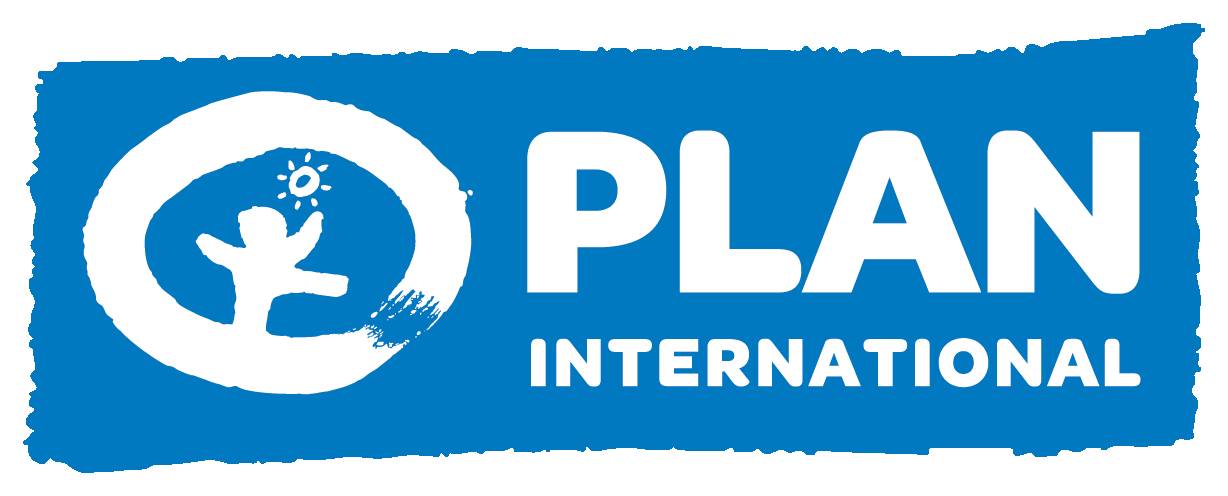
Plan International Deutschland e.V.
Partners
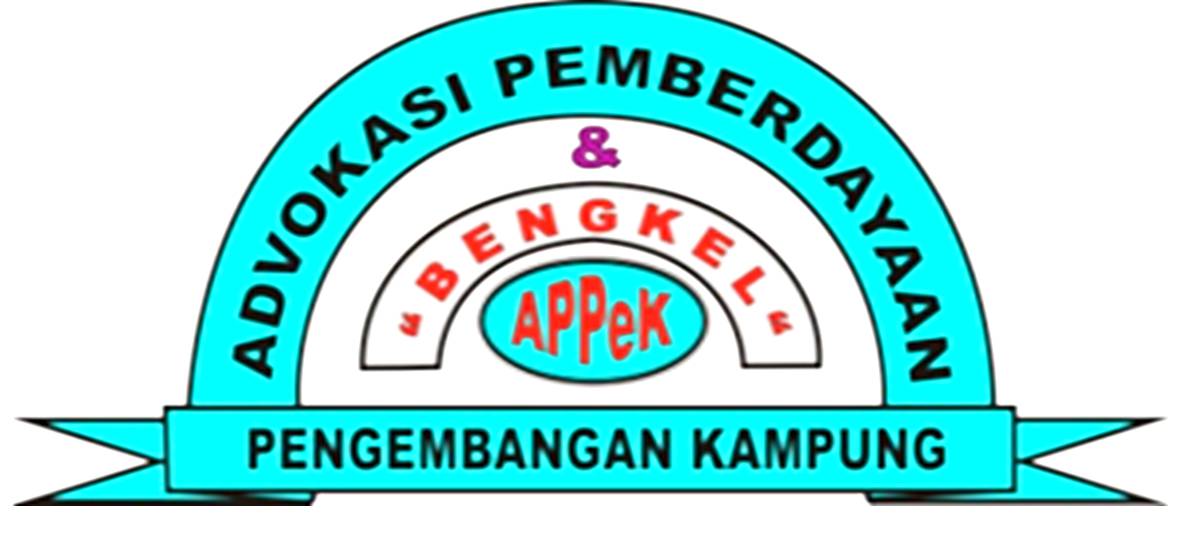
Bengkel APPEK

Yayasan Kopernik

Yayasan Plan International Indonesia
Yayasan Plan International Indonesia

